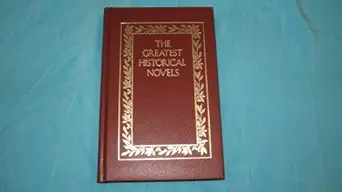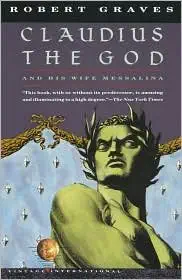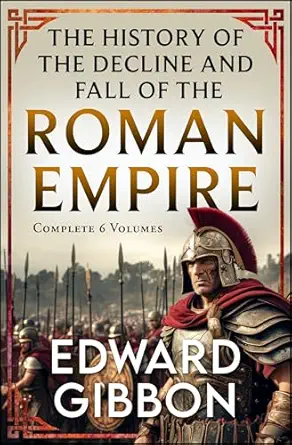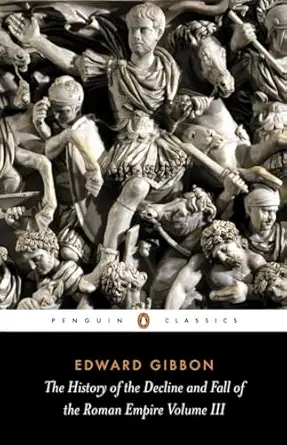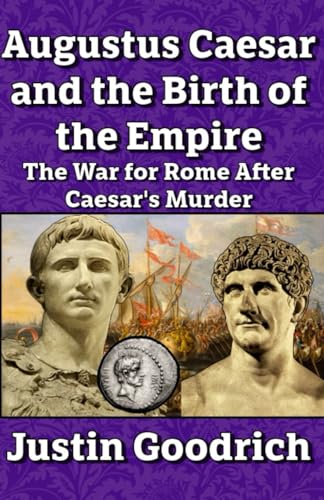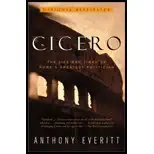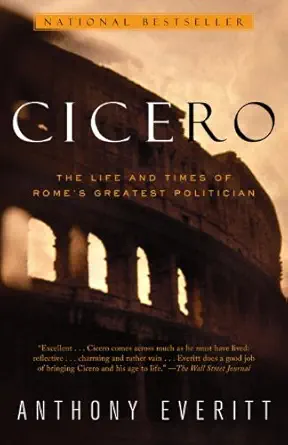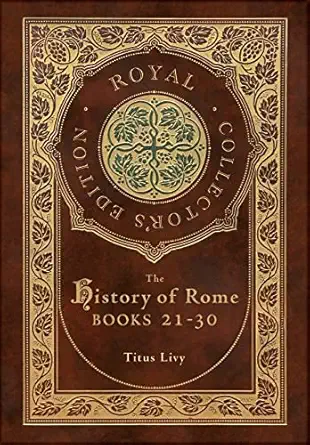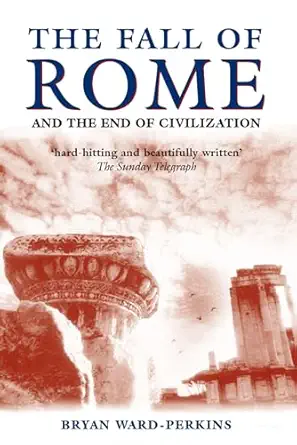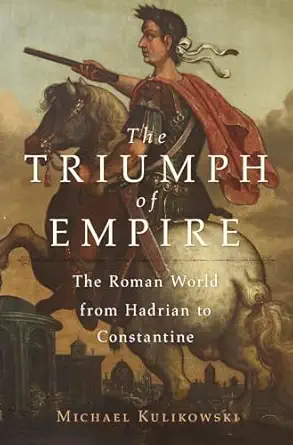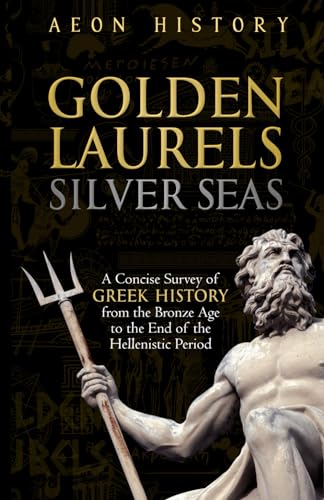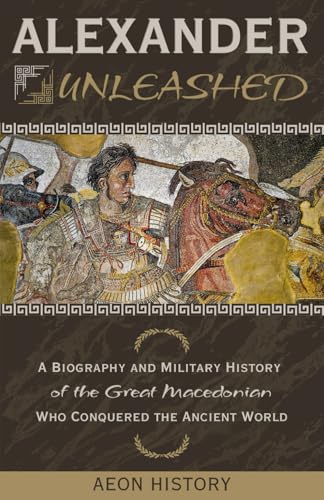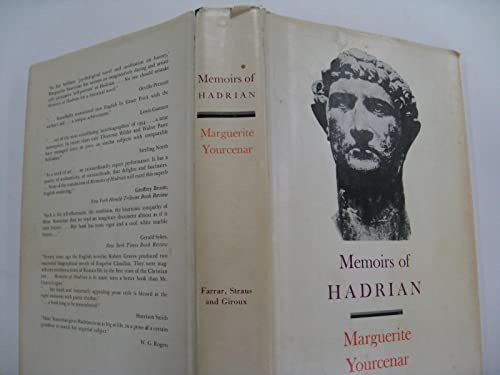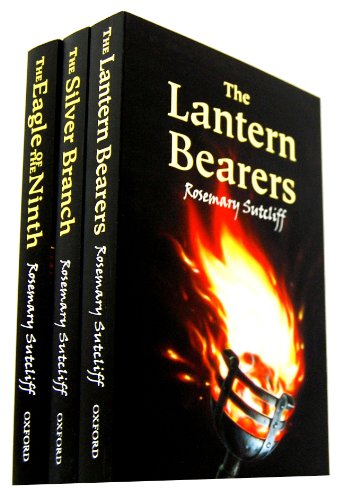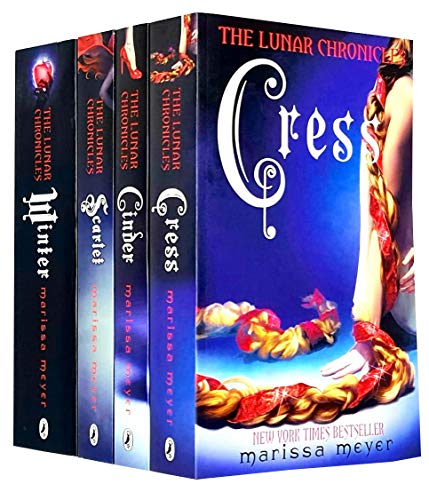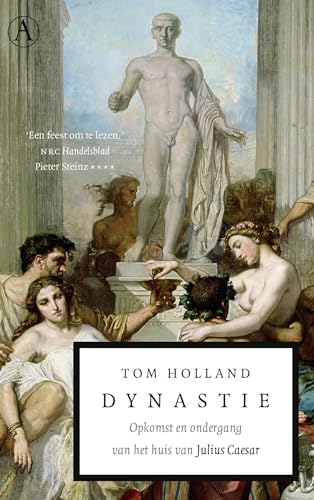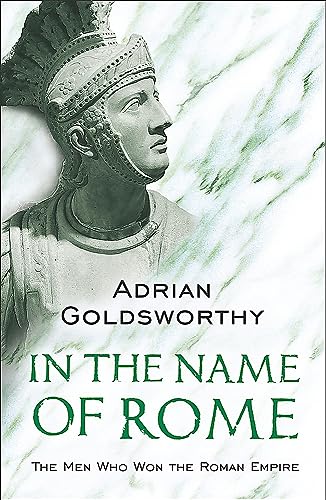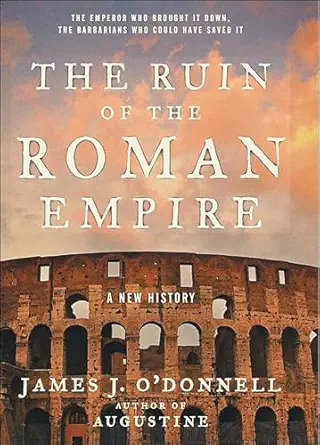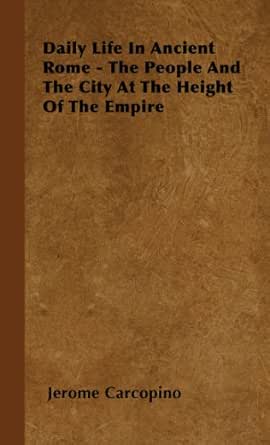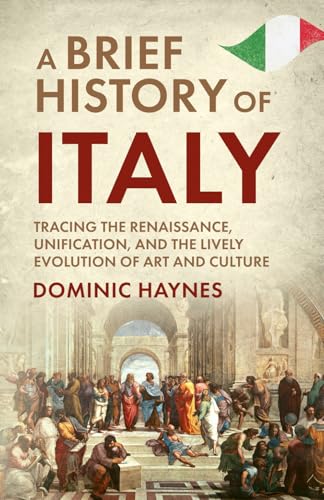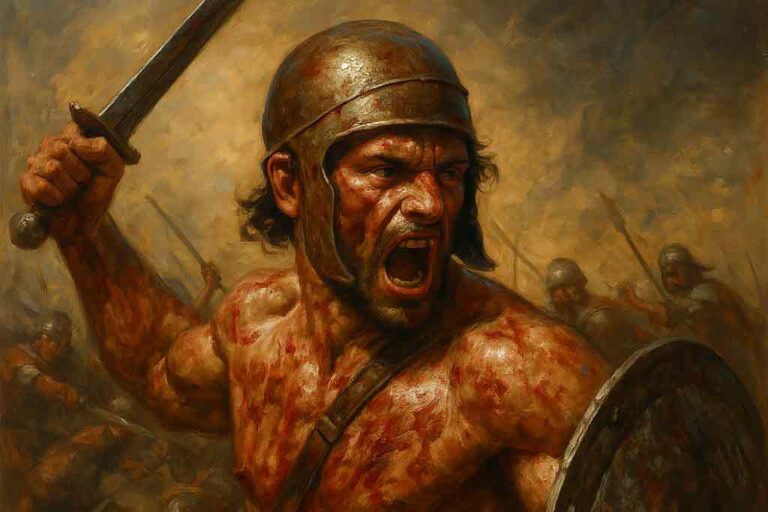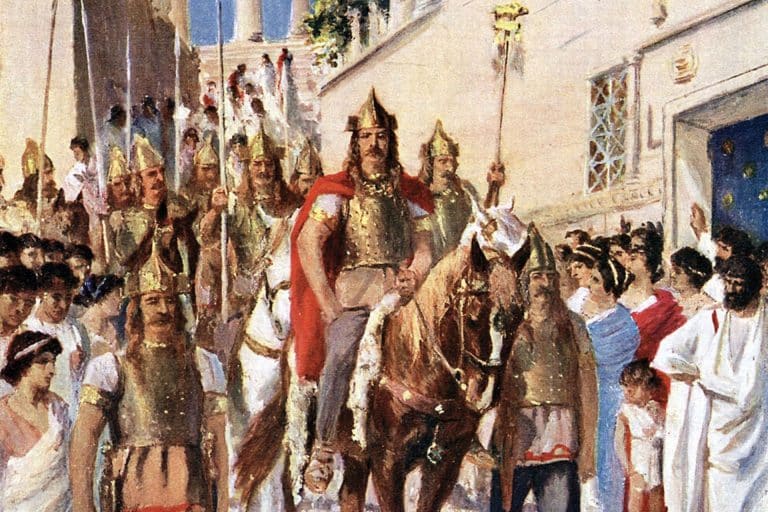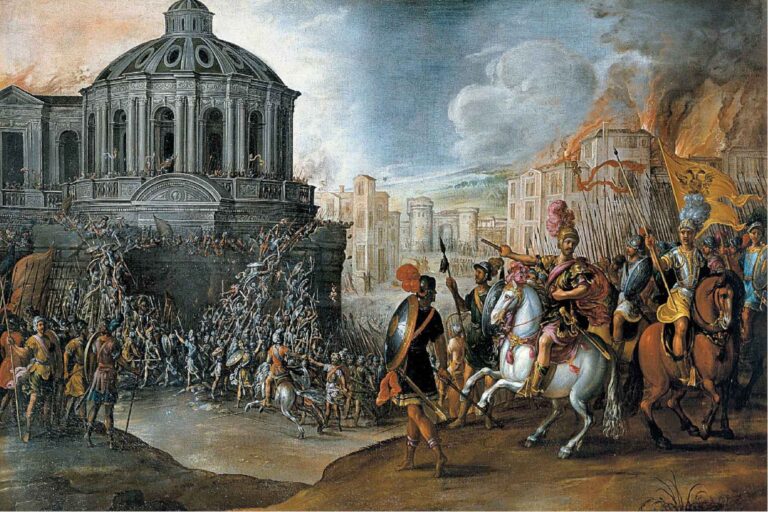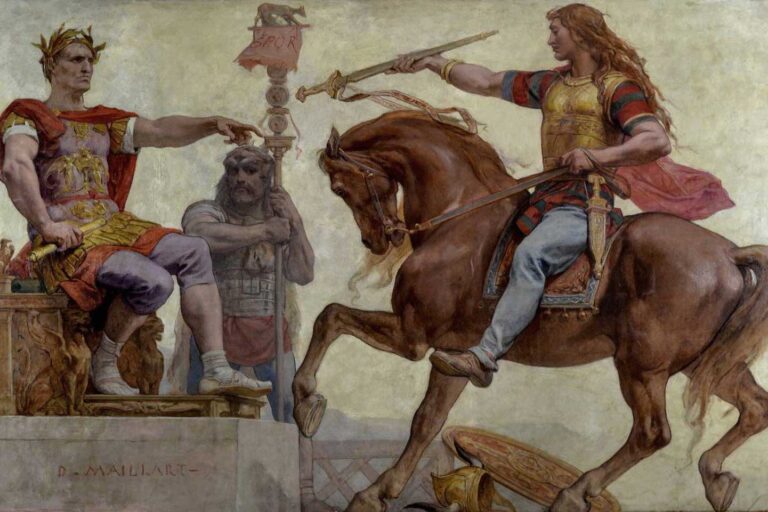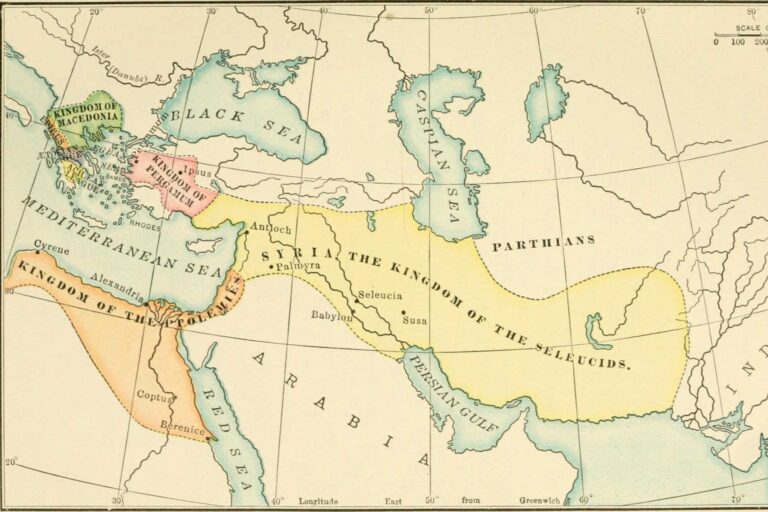25+ of the Best Books on Ancient Rome
Ancient Rome has long been a source of fascination for readers, eager to learn how a small city-state on the Tiber River managed to become the greatest empire in the world. There are so many fascinating aspects to the Roman story, from the myth of Romulus and Remus to the conquests of Caesar and Augustus. The lives and times of the emperors were characterized by ambition, power struggles, and cultural achievements. Historians like Livy and Tacitus wrote about events that still resonate today, while later figures such as Edward Gibbon famously mused, “the history of its ruin is simple and obvious”. The study of ancient Rome has produced a vast amount of literature, both primary and secondary.
Below is a list of 25+ of the best books on Ancient Rome, from non-fiction and fiction to biographies and sweeping histories. There is a wide variety of perspectives to be considered when it comes to Rome, and these works of literature provide many different lenses into that world. From the battlefield to the Senate and every aspect of daily life in the empire, these books serve as great gateways into this fascinating period of history.
Readers will find depictions of military campaigns, political intrigue, cultural achievements, and religious tensions. Best of all, they help us to put together a picture of how Rome contributed to building Western civilization and why it will never stop captivating people around the world.
25+ of the Best Books on Ancient Rome

SPQR: A History of Ancient Rome – Mary Beard
(Non-Fiction, Comprehensive Roman History)

Topic: Rome’s rise from a small city-state to a Mediterranean empire.
Summary: Mary Beard’s acclaimed book offers a sweeping yet highly readable narrative of Rome’s political, cultural, and social development. She focuses on how ordinary Romans, as well as emperors, shaped the empire. With wit and insight, Beard challenges long-held assumptions, making the ancient world feel alive and relevant today.
The Twelve Caesars – Suetonius
(Non-Fiction, Imperial Biographies)

Topic: The lives of Rome’s first twelve emperors, from Julius Caesar to Domitian.
Summary: Written by an ancient Roman historian who served in the imperial court, The Twelve Caesars blends gossip, scandal, and history. Suetonius provides intimate portraits of emperors’ personalities, virtues, and vices. Though sensational at times, the work remains a crucial source for understanding the early empire.
Rubicon: The Last Years of the Roman Republic – Tom Holland
(Non-Fiction, Fall of the Republic)

Topic: The political struggles that ended Rome’s republic and ushered in empire.
Summary: Holland’s book vividly narrates the drama of Rome’s final republican century, with figures like Caesar, Cicero, and Pompey at its center. He shows how ambition, corruption, and social upheaval tore down centuries-old traditions. Written with novelistic flair, it’s an accessible introduction to one of Rome’s most turbulent eras.
I, Claudius – Robert Graves
(Fiction, Historical Novel)

Topic: The reigns of Augustus through Caligula, told by Claudius.
Summary: Written as a fictional autobiography, I, Claudius follows the stammering, underestimated Tiberius Claudius as he navigates palace intrigue. Graves combines historical accuracy with compelling storytelling, portraying assassinations, scandals, and betrayals. The novel is both gripping entertainment and a nuanced interpretation of imperial Rome.
Claudius the God – Robert Graves
(Fiction, Historical Novel)

Topic: The reign of Emperor Claudius.
Summary: A sequel to I, Claudius, this novel follows Claudius after he ascends to power. Graves depicts him as a reluctant but surprisingly capable emperor, struggling against corruption and conspiracies. Like its predecessor, the book blends history with imagination, offering sharp insights into power and survival in Rome.
The Decline and Fall of the Roman Empire – Edward Gibbon
(Non-Fiction, Classical History)

Topic: Rome’s fall from its height to the fall of Constantinople.
Summary: One of history’s most famous works, Gibbon’s six-volume classic traces Rome’s collapse over centuries. He attributes decline to a mix of political corruption, economic troubles, and the rise of Christianity. Though dated in places, his sweeping narrative and elegant prose remain unmatched in scope and influence.
Augustus: First Emperor of Rome – Adrian Goldsworthy
(Non-Fiction, Biography)

Topic: The life and reign of Augustus, Rome’s first emperor.
Summary: Goldsworthy, a respected Roman historian, examines how Octavian transformed Rome from republic to empire. He explores Augustus’ military genius, political reforms, and propaganda mastery. The book provides both a compelling biography and a portrait of Rome’s foundational imperial era.
Cicero: The Life and Times of Rome’s Greatest Politician – Anthony Everitt
(Non-Fiction, Biography)

Topic: The life of Cicero, statesman and orator.
Summary: Everitt’s biography highlights Cicero’s rise from outsider to consul, his struggles against Caesar, and his tragic fall. It captures the tension between ideals and pragmatism in Roman politics. Rich in detail, it shows why Cicero remains a symbol of republican values.
The Annals – Tacitus
(Non-Fiction, Historical Account)

Topic: Rome’s empire from Tiberius to Nero.
Summary: One of Rome’s greatest historians, Tacitus wrote with sharp insight into power, corruption, and tyranny. His Annals expose the paranoia of Tiberius, the excesses of Nero, and the fragility of the empire’s stability. Though often grim, Tacitus’ prose is masterful, making it both history and literature.
The History of Rome – Titus Livius (Livy)
(Non-Fiction, Roman History)

Topic: Rome’s foundation through the early empire.
Summary: Livy’s monumental history originally spanned 142 books, of which only a portion survives. His work blends myth, legend, and fact, recounting Rome’s rise and its moral lessons. It’s a key source for understanding how Romans viewed their own past and identity.
Rubicon: A Novel of Ancient Rome – Steven Saylor
(Fiction, Historical Mystery)

Topic: The fall of the republic through the eyes of an investigator.
Summary: Part of Saylor’s Gordianus the Finder series, this novel places a fictional detective amid the real events of Caesar’s crossing of the Rubicon. It humanizes famous figures while portraying the political tensions tearing Rome apart. The mix of mystery and history makes it engaging for both fiction and history lovers.
The Fall of the Roman Empire: A New History of Rome and the Barbarians – Peter Heather
(Non-Fiction, Late Antiquity)

Topic: The collapse of the Western Empire.
Summary: Heather reevaluates Rome’s fall, emphasizing the role of barbarian invasions and shifting power balances. He shows how Rome was undermined not by decay alone but by dynamic new societies pressing on its borders. The book offers a modern, evidence-based reassessment of a classic question.
Hadrian and the Triumph of Rome – Anthony Everitt
(Non-Fiction, Biography)

Topic: Emperor Hadrian and the consolidation of Rome.
Summary: Everitt paints Hadrian as both soldier and scholar, builder and traveler. He examines Hadrian’s policies of fortification, cultural patronage, and reform, including the famous Hadrian’s Wall. The book portrays him as a pragmatic ruler who defined an era of stability.
The Roman Revolution – Ronald Syme
(Non-Fiction, Scholarly History)

Topic: How Augustus reshaped Rome after the Republic.
Summary: First published in 1939, Syme’s work revolutionized Roman studies. He argues that Augustus’ rise was a ruthless consolidation of power masked as restoration. Scholarly but influential, it remains essential for understanding the politics of Rome’s transition to empire.
Caesar: Life of a Colossus – Adrian Goldsworthy
(Non-Fiction, Biography)

Topic: Julius Caesar’s life and legacy.
Summary: Goldsworthy offers a definitive biography of Caesar, combining military history, political intrigue, and personal ambition. He traces Caesar’s rise, dictatorship, and assassination, balancing admiration with critique. The book shows why Caesar remains one of history’s most compelling figures.
Memoirs of Hadrian – Marguerite Yourcenar
(Fiction, Historical Novel)

Topic: A fictionalized memoir of Emperor Hadrian.
Summary: Written as Hadrian’s personal reflections, Yourcenar’s novel blends history with philosophical meditation. It explores love, mortality, power, and legacy through the eyes of one of Rome’s most thoughtful emperors. Lyrical and introspective, it is regarded as a masterpiece of historical fiction.
The Complete Roman Army – Adrian Goldsworthy
(Non-Fiction, Military History)

Topic: Organization, tactics, and life of Rome’s soldiers.
Summary: This illustrated study explains how the Roman army functioned, from recruitment to battle. Goldsworthy examines logistics, discipline, and the army’s role in empire-building. Richly detailed, it provides both military enthusiasts and general readers with insight into the backbone of Roman power.
The Fall of Rome: And the End of Civilization – Bryan Ward-Perkins
(Non-Fiction, Late Antiquity)

Topic: The economic and cultural collapse of the West.
Summary: Ward-Perkins argues against the idea of a “gentle transition,” emphasizing the devastation caused by Rome’s fall. He highlights archaeological evidence of declining living standards, trade collapse, and lost knowledge. The book is concise but impactful, reshaping how we view Rome’s end.
The Eagle of the Ninth – Rosemary Sutcliff
(Fiction, Historical Novel)

Topic: Roman Britain and the mystery of the lost Ninth Legion.
Summary: A classic historical novel for young and adult readers, it follows a young officer who seeks to recover his father’s lost legion’s standard in Britain. Combining adventure with historical depth, it explores themes of loyalty, identity, and cultural clash. It remains beloved for its vivid storytelling.
Dynasty: The Rise and Fall of the House of Caesar – Tom Holland
(Non-Fiction, Imperial History)

Topic: The Julio-Claudian emperors.
Summary: Holland narrates the dramatic history of Rome’s first dynasty, from Augustus to Nero. He combines scandalous tales with careful history, showing both grandeur and depravity. Written in lively prose, it makes Rome’s early emperors vivid and unforgettable.
The Invention of Rome: The Colossus that Ruled the Ancient World – Arthur Keaveney
(Non-Fiction, General History)

Topic: Rome’s transformation into an empire.
Summary: Keaveney provides an accessible narrative tracing Rome’s evolution from republic to empire. He examines key wars, political struggles, and cultural shifts. The book offers a balanced entry point for readers new to Roman history.
The Romans: From Village to Empire – Mary T. Boatwright, Daniel J. Gargola, Richard J. A. Talbert
(Non-Fiction, Academic History)

Topic: A chronological survey of Rome’s history.
Summary: Widely used in universities, this book provides a scholarly yet approachable overview of Roman history. It covers political, military, social, and cultural developments. With maps, timelines, and analysis, it’s a reliable foundation for serious students of Rome.
In the Name of Rome: The Men Who Won the Roman Empire – Adrian Goldsworthy
(Non-Fiction, Military Biographies)

Topic: Roman generals and their campaigns.
Summary: Goldsworthy highlights figures like Scipio Africanus, Marius, Caesar, and Titus, showing how they expanded and defended the empire. Each biography combines tactical detail with narrative flair. The book demonstrates how individuals shaped Rome’s military dominance.
The Fall of the Roman Empire: A New History – James J. O’Donnell
(Non-Fiction, Late Antiquity)

Topic: Rome’s decline reexamined.
Summary: O’Donnell explores the cultural, religious, and political shifts that marked Rome’s decline. He rejects simple explanations, instead presenting a nuanced picture of transformation. His engaging style makes it accessible while rooted in solid scholarship.
Daily Life in Ancient Rome – Jérôme Carcopino
(Non-Fiction, Social & Cultural History)

Topic: Everyday life and customs in Imperial Rome.
Summary: First published in 1939 and still widely read, Carcopino’s work transports readers into the streets, forums, and homes of ancient Rome. He explores family structures, education, religion, and leisure, painting a vivid picture of how Romans lived beyond politics and war. While based on the scholarship of its time, the book remains engaging and influential, offering a cultural companion to more traditional military and political histories.
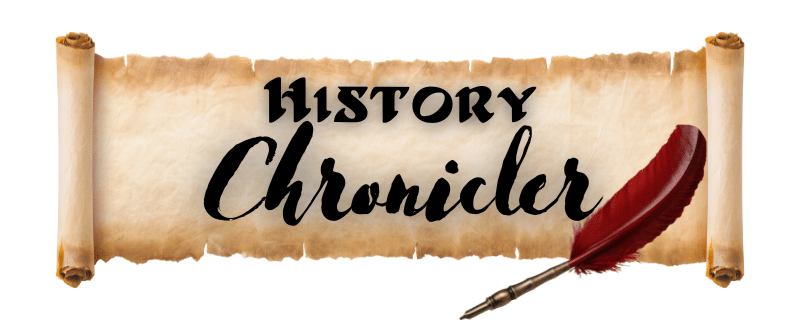

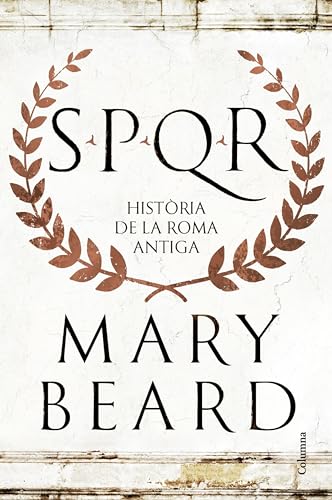
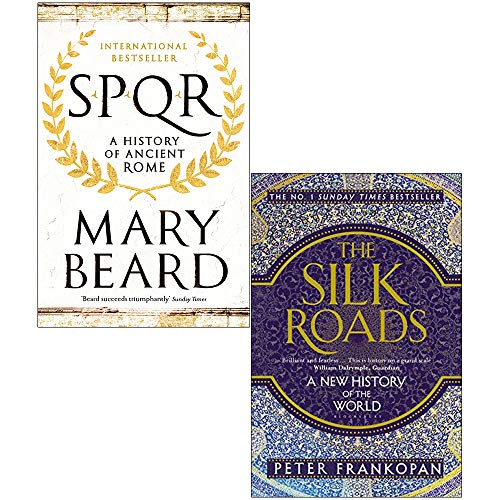
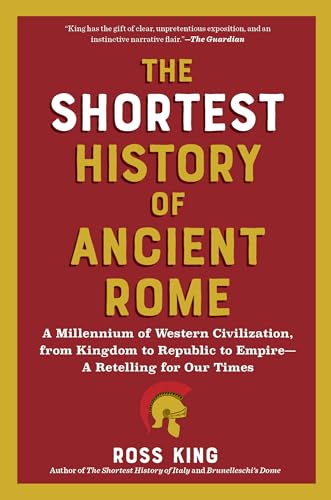





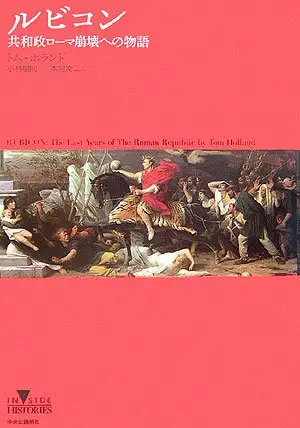
![The Claudius Novels: I, Claudius [and] Claudius the God (Penguin ...](https://m.media-amazon.com/images/I/41C3Clx0J2L._SY445_SX342_FMwebp_.jpg)
